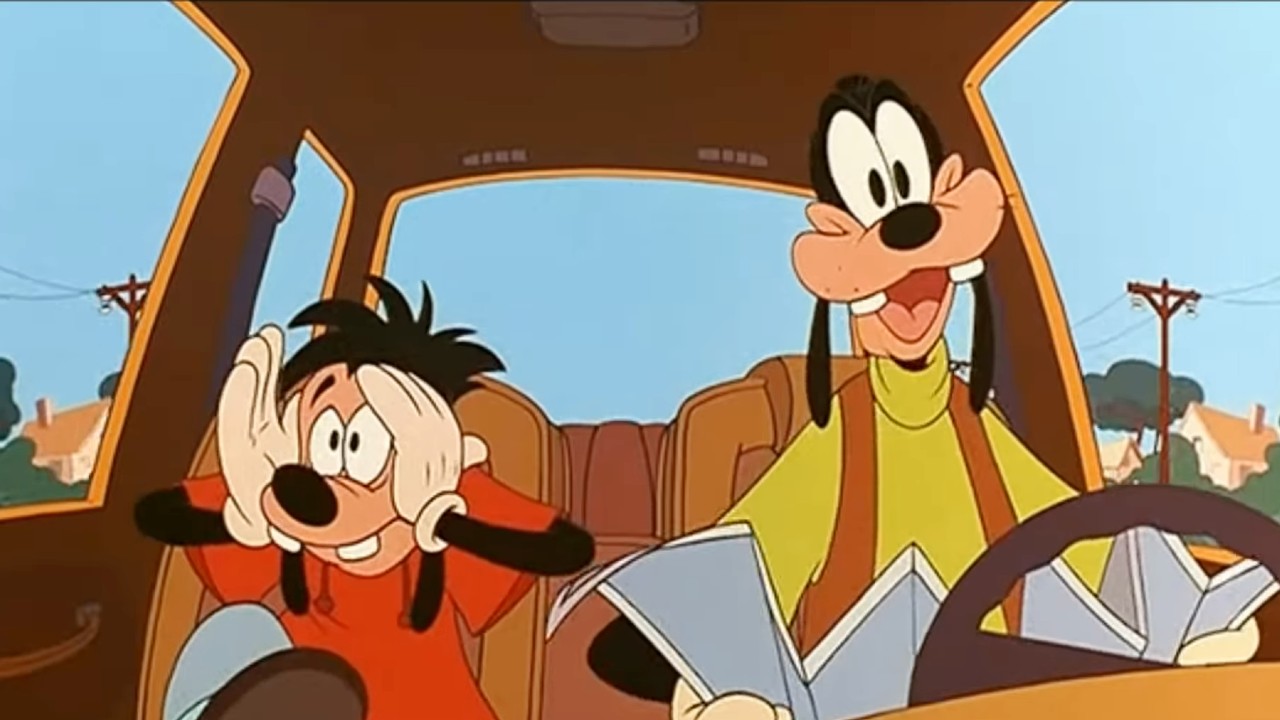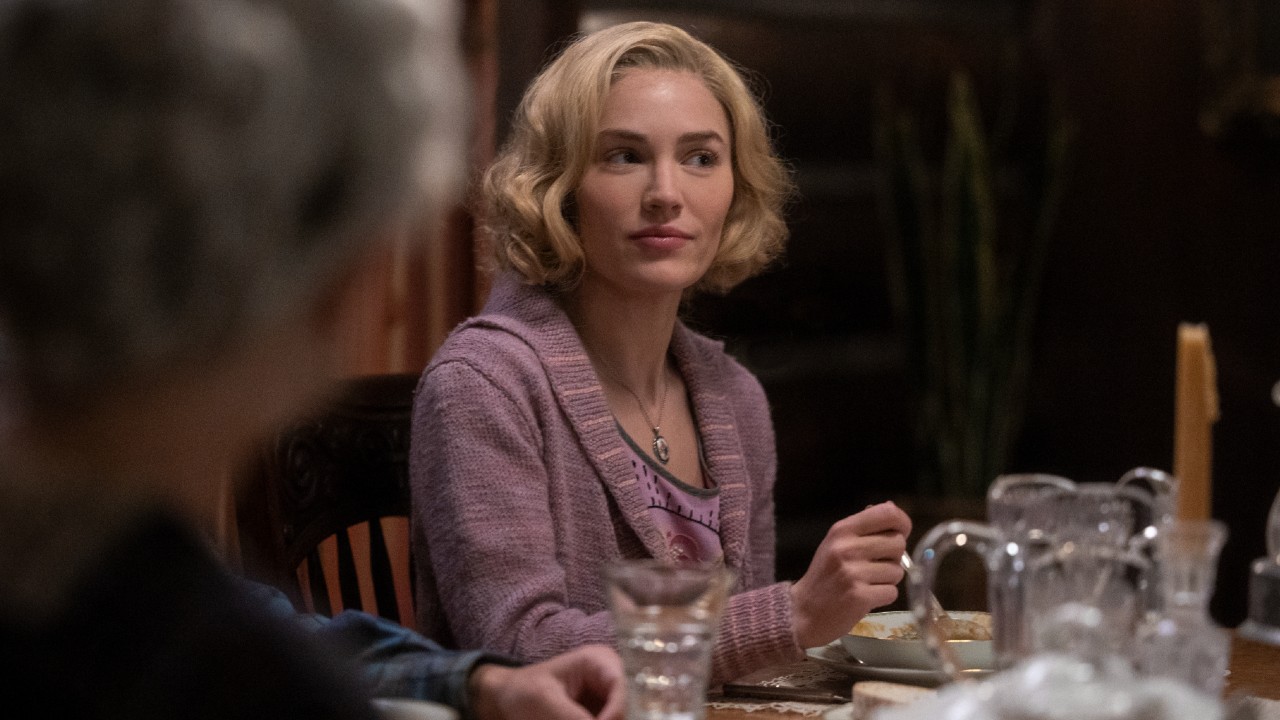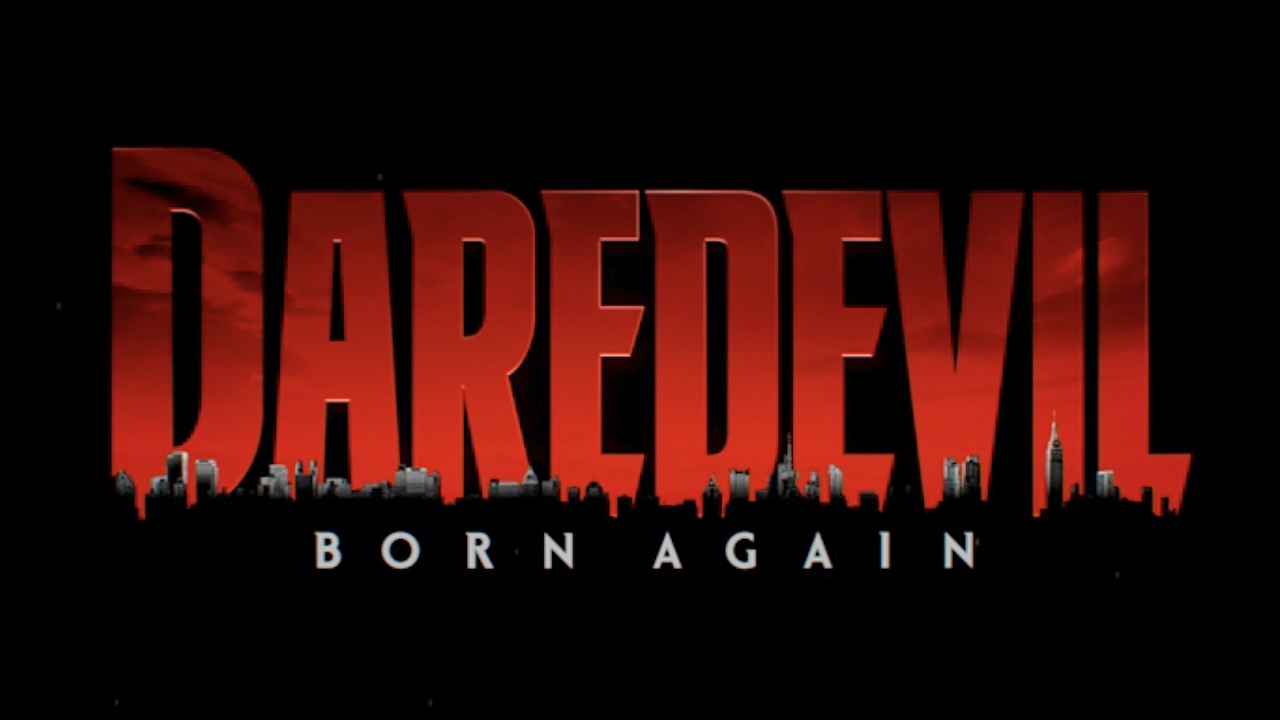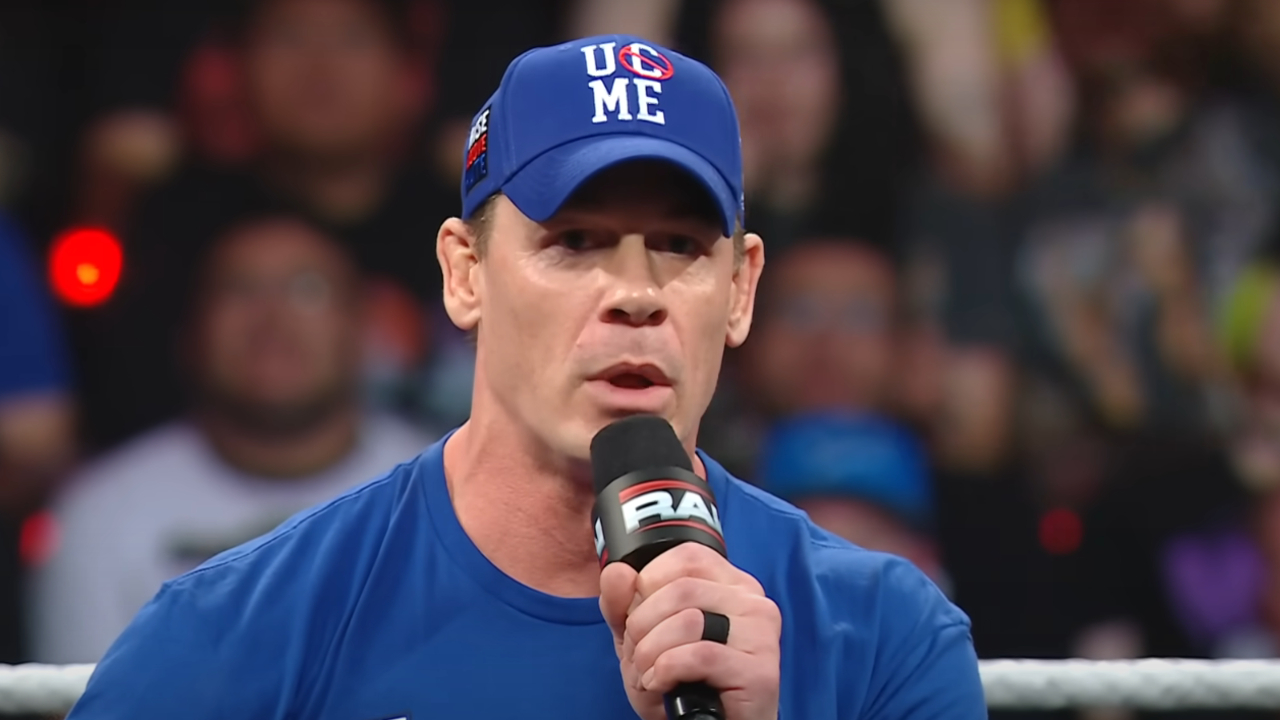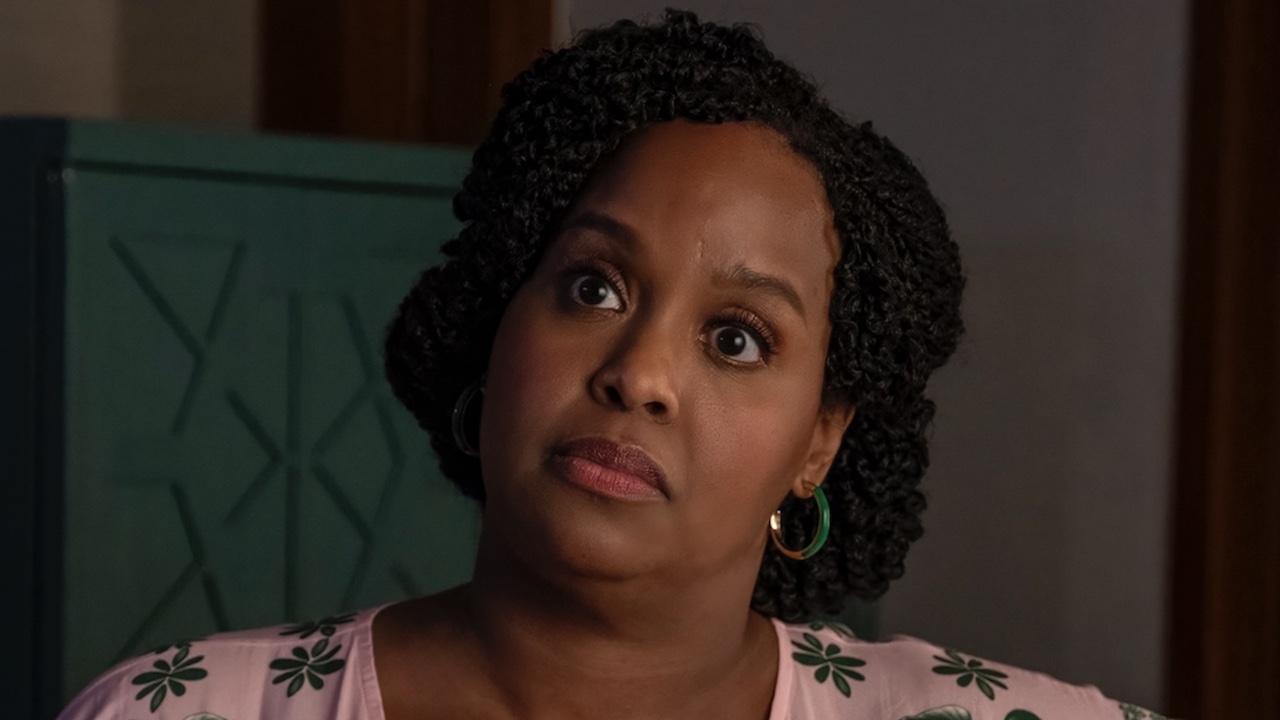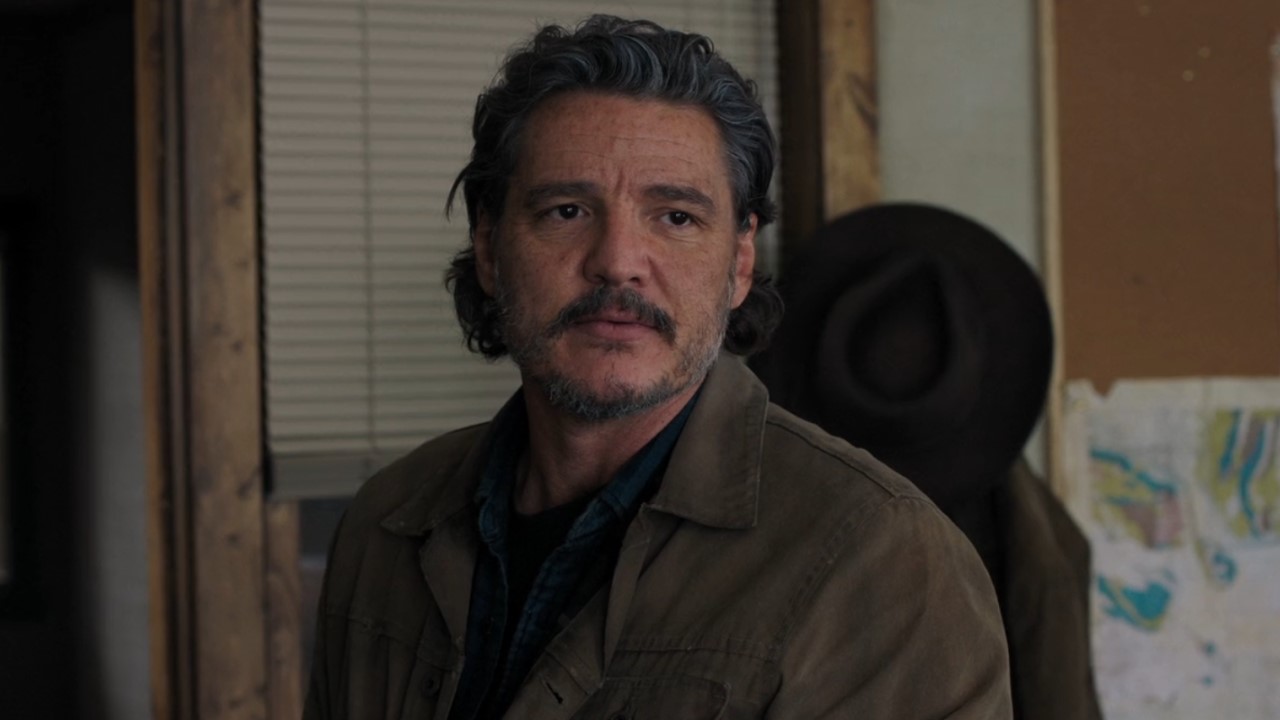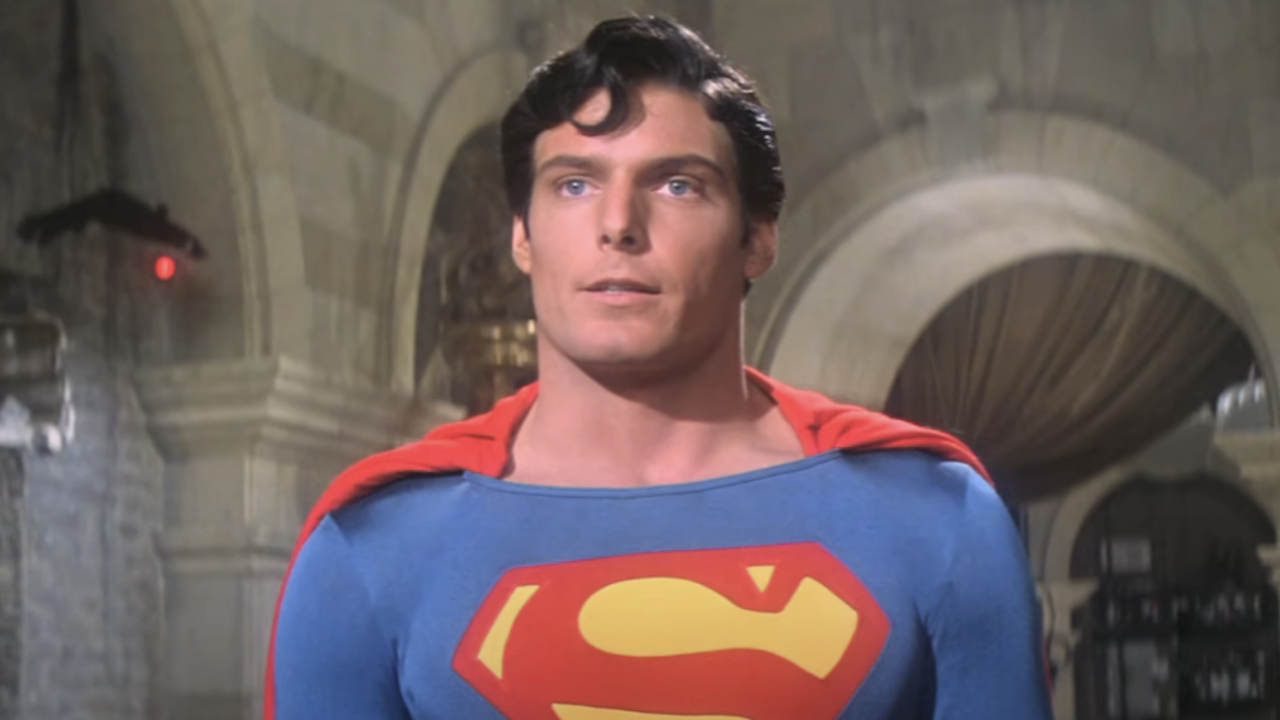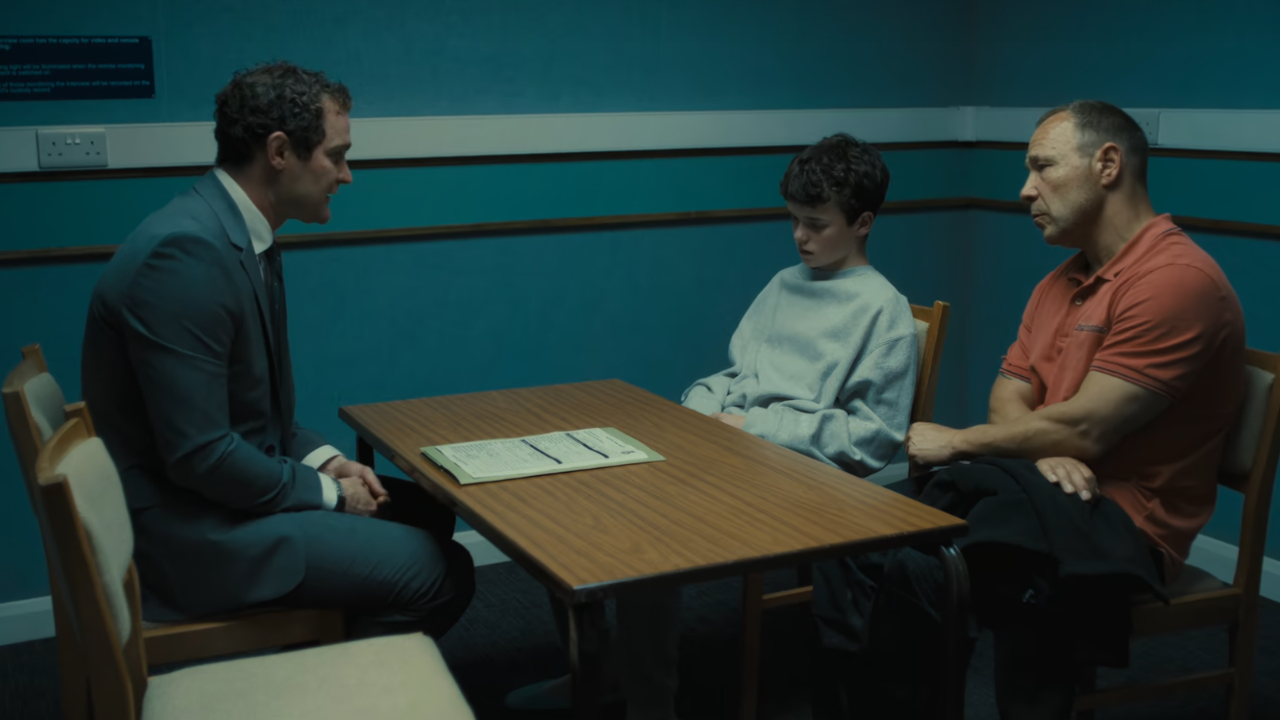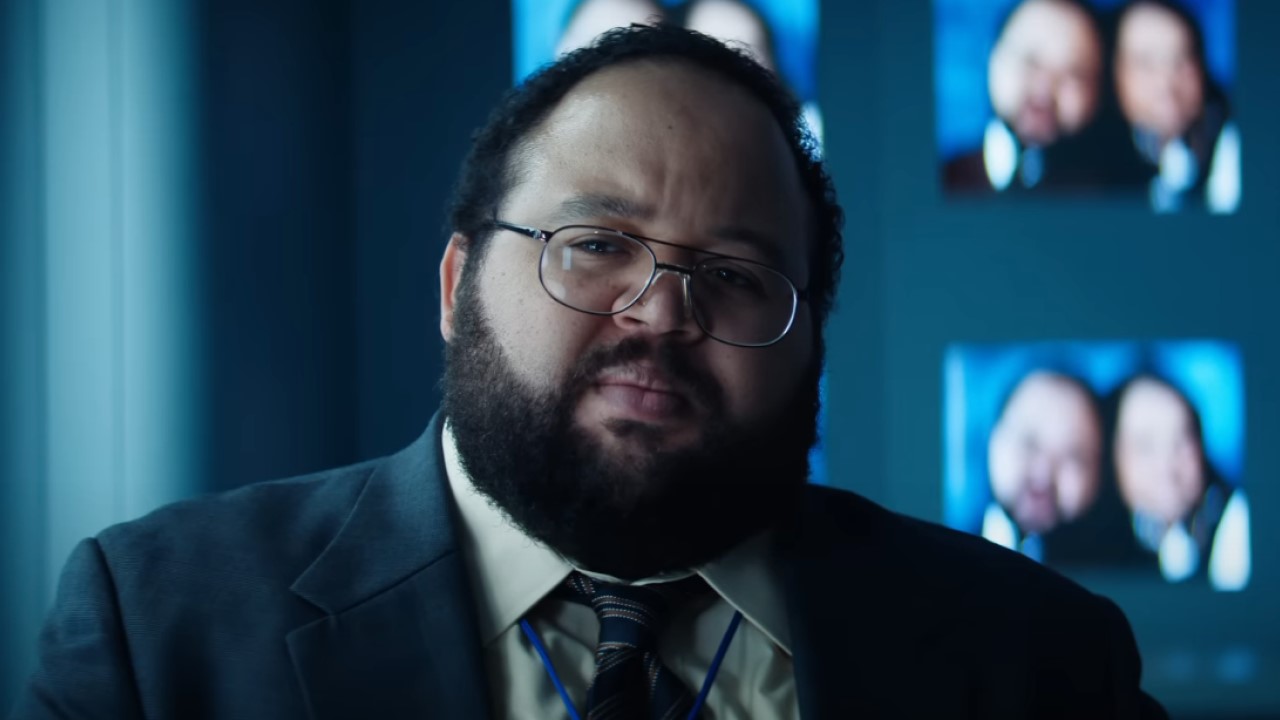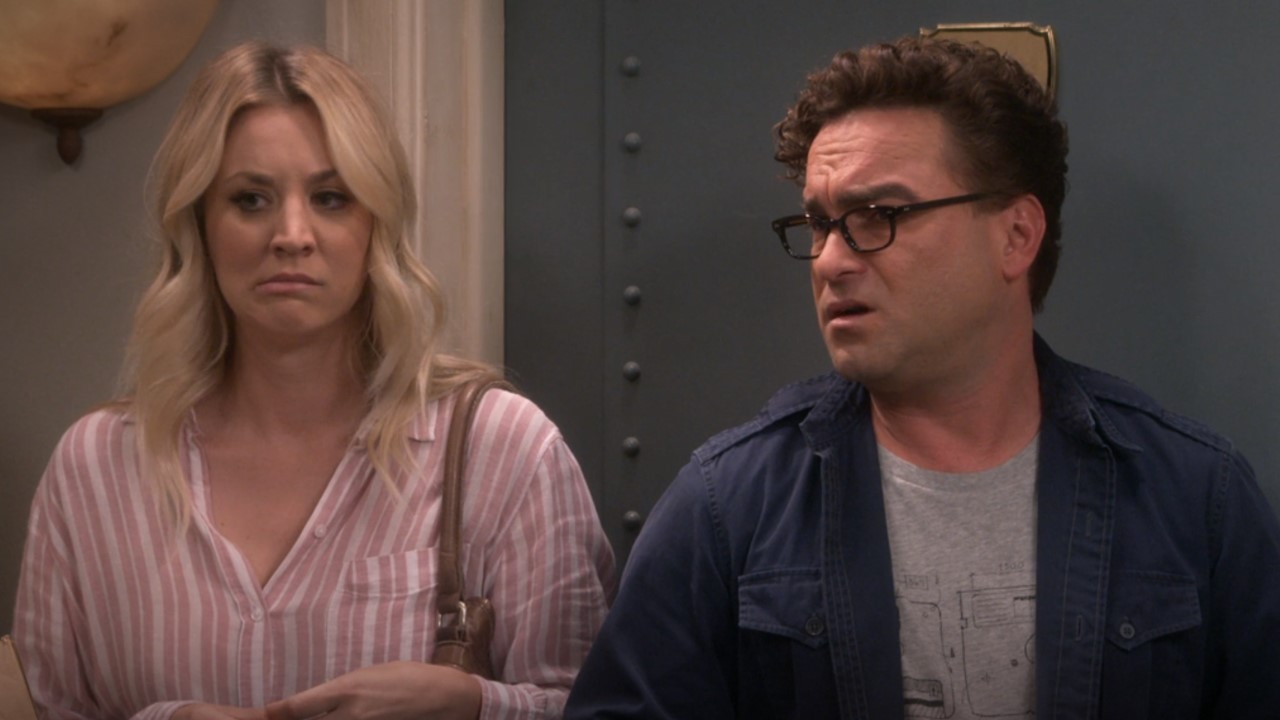Netflix's 1899 Ending Explained (Sorta): 4 Big Theories About That WTF Final Scene
1899 did not hold viewers' hands with that baffling ending.
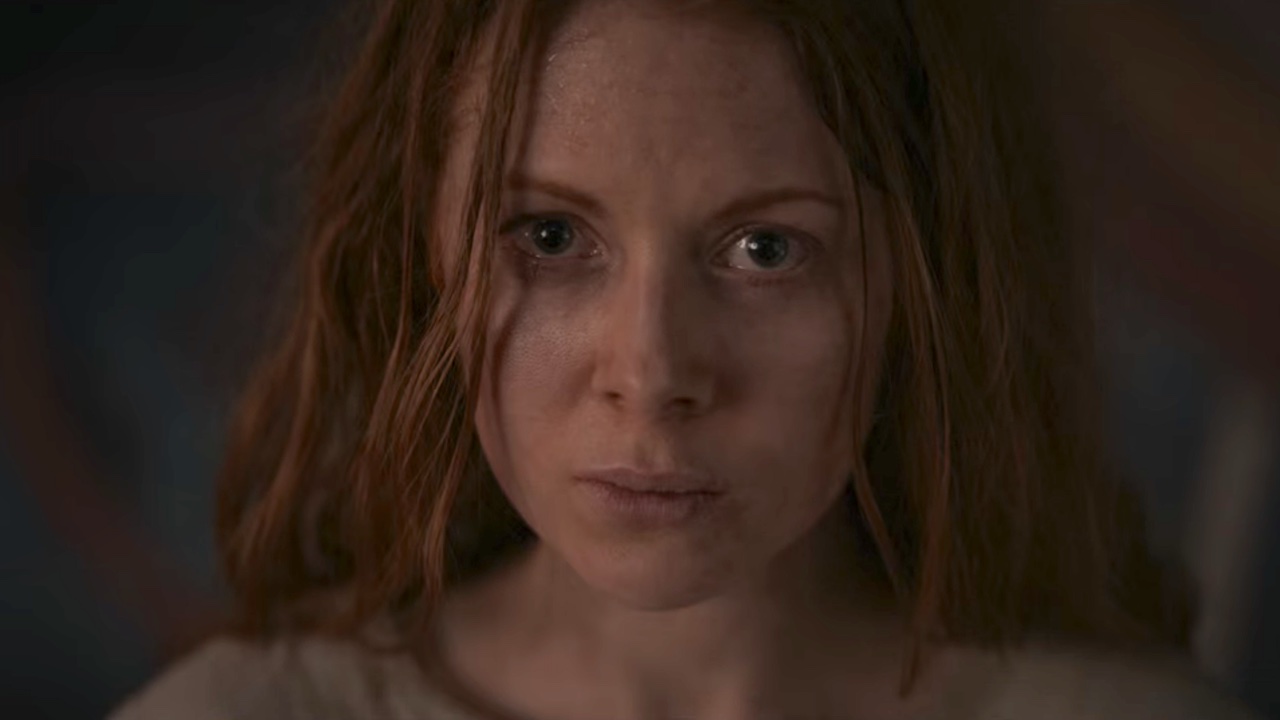
Major spoilers below for the entirety of Netflix’s 1899, so be warned if you haven’t yet watched it in its entirety.
When Dark creators Jantje Friese and Baran bo Odar set out to craft their sophomore episodic effort for Netflix, they already had the confidence to throw everything at viewers but the galley sink, and their genre-bending 1899 is verifiable proof of such storytelling bravado. From beginning to end, the season’s eight genre-bending episodes buck expectations and straightforward plotting. Its many characters seemingly travel through time, space, and their own memory banks on the way to a truly bonkers finale whose last scene folds the whole shebang in on itself. (Not entirely unlike Dark itself.)
Where some TV shows pull the rug out from under viewers with a last-minute twist, 1899 disrupts viewers’ understanding of what rugs are, and suggests maybe we’ve been standing on objects incorrectly this whole time. So let’s attempt to figure out just what the hell happened to Emily Beecham’s Maura, Andreas Pietschmann’s Eyk and everyone else in the cast, even while knowing that we’re not actually meant to grasp the sum total of what’s happening yet, given Friese and bo Odar’s already conceived three-season plan.
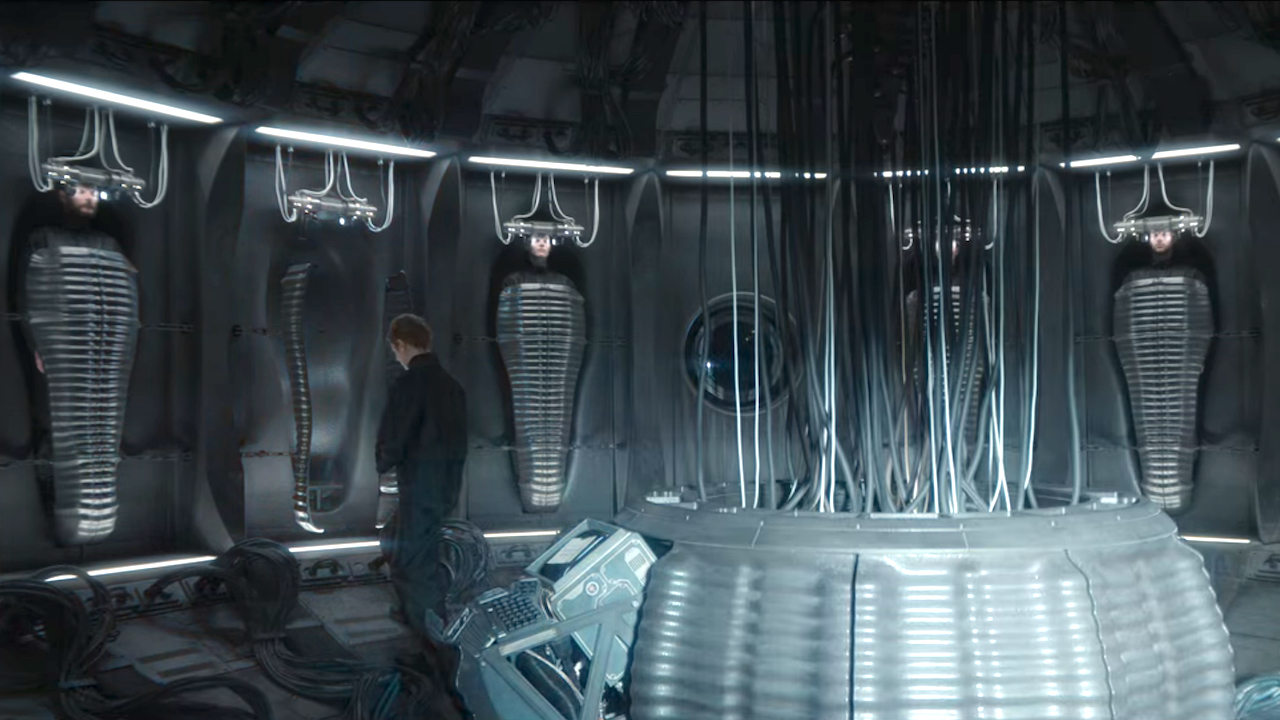
How 1899 Ended, And What The Creators Said About It
1899’s “The Key” will almost definitely go down as one of the most baffling TV finales available with a Netflix subscription, given its reveals play out like playing three-card monte with nesting dolls. (If that doesn’t make a ton of sense, it’s on brand for this.) None of the Kerberos characters that viewers followed throughout the season were ever actually on real boats in the 19th century (that we know of), as the episode’s final minutes SEEMED to feature Maura waking up from hyper-sleep, surrounded by the others aboard a space vessel dubbed the Prometheus. We’re led to believe her husband Daniel was successful in helping her escape the simulation cycle that she was apparently responsible for, and that she’s now hurtling through space on October 19, 2099.
What’s more, the supposed missing brother that Maura was looking for earlier in the season, Ciaran, was implied to be another conscious and coherent presence within the Prometheus, though she was clearly not overtly pleased to have reestablished communication with him. Via a computer interface that seems a little too dated to be part of a spacecraft 77 years from now, Ciaran welcomed her to reality, such as it were, allowing the credits to start rolling over the sounds of confused viewers’ mouthing the starts of various questions.
Anyone mired down in a lack of confident understanding shouldn’t be too hard on themselves, as writer Jantje Friese explained things this way to IndieWire:
What we constantly do is play with expectations. You read a code and you expect something and you feel safe in that. You think you figured it out. We’re breaking that expectation, and then hopefully giving you a satisfactory answer. At least at the end of Season 3, but hopefully already during the very first season.
Anyone looking to get mentally upended no doubt found Season 1’s end quite satisfactory, but take note that the spaceship twist being a “satisfactory answer” doesn’t necessarily mean it’s 100% a reality within 1899’s future. Once you open up a Matrix labyrinth of simulations, it’s hard to stop, but Friese also explained that the creative team knows where it’s all going, even if not all of the puzzle pieces were available to add into the first eight episodes. In her words:
CINEMABLEND NEWSLETTER
Your Daily Blend of Entertainment News
We always know the endpoint, the ending of the journey, the biggest reveal of them all. Apart from that, during the process, you just find pieces that aren’t included in Season 1 yet, but you know that you want them to be incorporated at some point. It’s having some cornerstones to go to and knowing where you’re heading, but also being flexible to the things that happen around you to act as input.
Not even the sky’s the limit where 1899’s twists are concerned, so let’s go through some theories about what may be happening at this point in the story while hoping that the show's early popularity and acclaim will help convince Netflix execs to renew it for two more seasons.
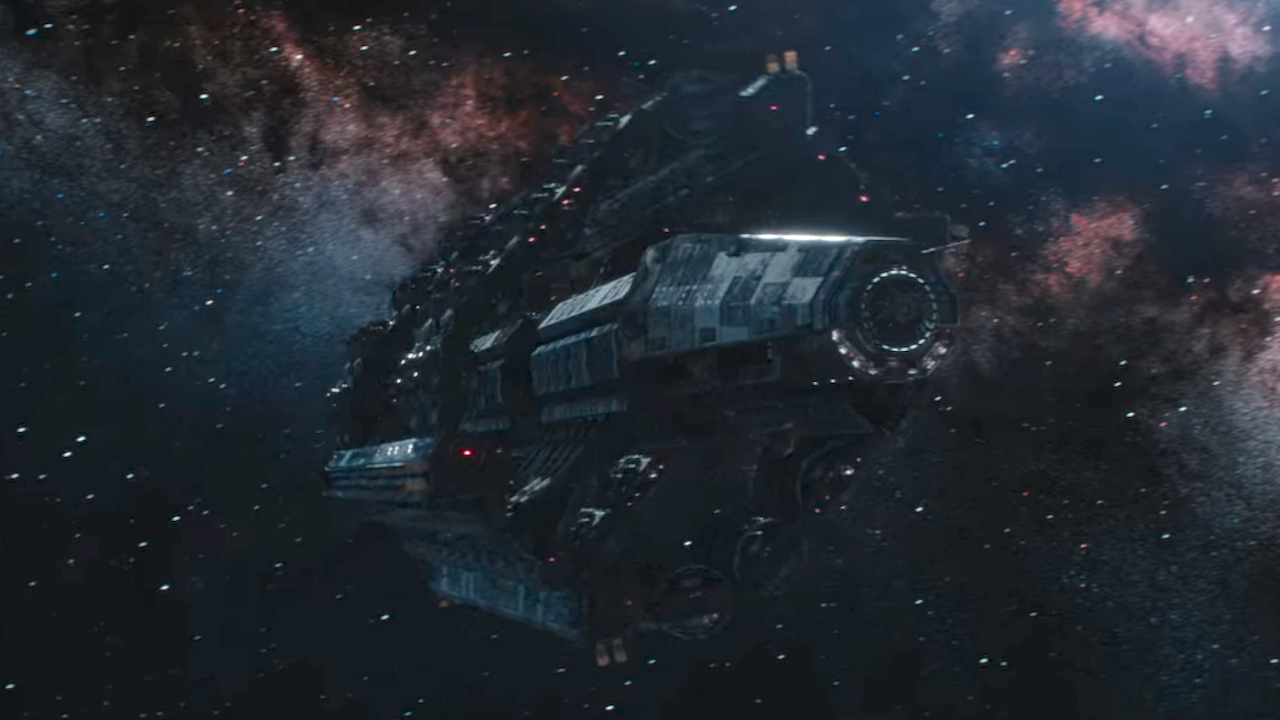
4 Theories About What's Happening In 1899's Final Scene
- Maura is definitely still trapped inside the group simulation.
Just because one of our main characters, whose memory was constantly in question, happens to show up in a completely different setting than what viewers had seen previously, it certainly isn't courtroom-certified proof that her current spaceship whereabouts are the truest version of reality. But how realistic is it to think that Ciaran affixed that note to the electronic display long before Maura woke up, specifically for her to find? And that the note contained the exact same phrase that was written in the ship's books? I'll also bring up the aforementioned point that the display itself looked like something from the 1980s, and not the 2090s, so unless that ship had been hurtling through space for more than 100 years, I'm not convinced it's a real craft.
- The Kerberos / Prometheus Passengers Are Actually Prisoners
Though I may not fully think the spacecraft situation is legitimate, there's definitely some kind of connection yet to be uncovered about why all of these people have been in the same locations together. And since one of the only common elements among the various passengers is "a past that hinges on some form of tragedy or desperate reaction to strife," it's entirely possible that they were all grouped together as tied to illegalities in the past. As far as how that would play into why Maura is seemingly the ringleader, and how other characters match up, I'm not sure. But I can't imagine that everyone is together based entirely on randomness.
- Maura's Husband And Son Are Both Dead
This probably isn't too wild of an assumption to make, considering both Daniel and Elliot consistently stand out from the rest of the ship's passengers, which is obviously by design. It seemed to be heavily implied that Maura and Daniel designed their first simulation, that of their son's hang-out spot, as a way to cope with grief over the boy being gone, with the simulation evolution exploding from that point on. I think if nothing had ever happened to Daniel, Maura probably wouldn't have gone overboard with the Inception-esque layers of simulated scenarios. I think being alone in life helped to force her hand in that way, and her mourning also led her to add Daniel and Elliot into the digital concoction. Part of me wants to go ahead and guess that Maura's father and brother are either also dead or are figments of her imagination, but maybe I'll save those theories for after Season 2.
- The Entirety Of 1899 Is A Morally Based Turing Test
Even if the many passengers aren't necessarily bound by prisoner status, the simulation process was noted as being a repeated failure due to characters making the wrong decisions and leaning more into their emotions than cold logic. So what if the metaphorical journey from the Kerberos (three-headed hellhound) to the Prometheus (god of fire credited with creating humanity) is all really a way for Maura/Ciaran to test the values and decision-making skills of artificial intelligence programming? I'm not sure if I think Maura is the actual human in this theory, or more of an advanced manufactured sentience, but I think the concept of it being a test will carry on into other iterations of "reality."
1899’s first season can be streamed in its entirety on Netflix. Head to our 2022 TV schedule to see what else is hitting the small screen before the year’s end, while our 2023 premiere guide has everything that’s arriving in later months.

Nick is a Cajun Country native and an Assistant Managing Editor with a focus on TV and features. His humble origin story with CinemaBlend began all the way back in the pre-streaming era, circa 2009, as a freelancing DVD reviewer and TV recapper. Nick leapfrogged over to the small screen to cover more and more television news and interviews, eventually taking over the section for the current era and covering topics like Yellowstone, The Walking Dead and horror. Born in Louisiana and currently living in Texas — Who Dat Nation over America’s Team all day, all night — Nick spent several years in the hospitality industry, and also worked as a 911 operator. If you ever happened to hear his music or read his comics/short stories, you have his sympathy.
